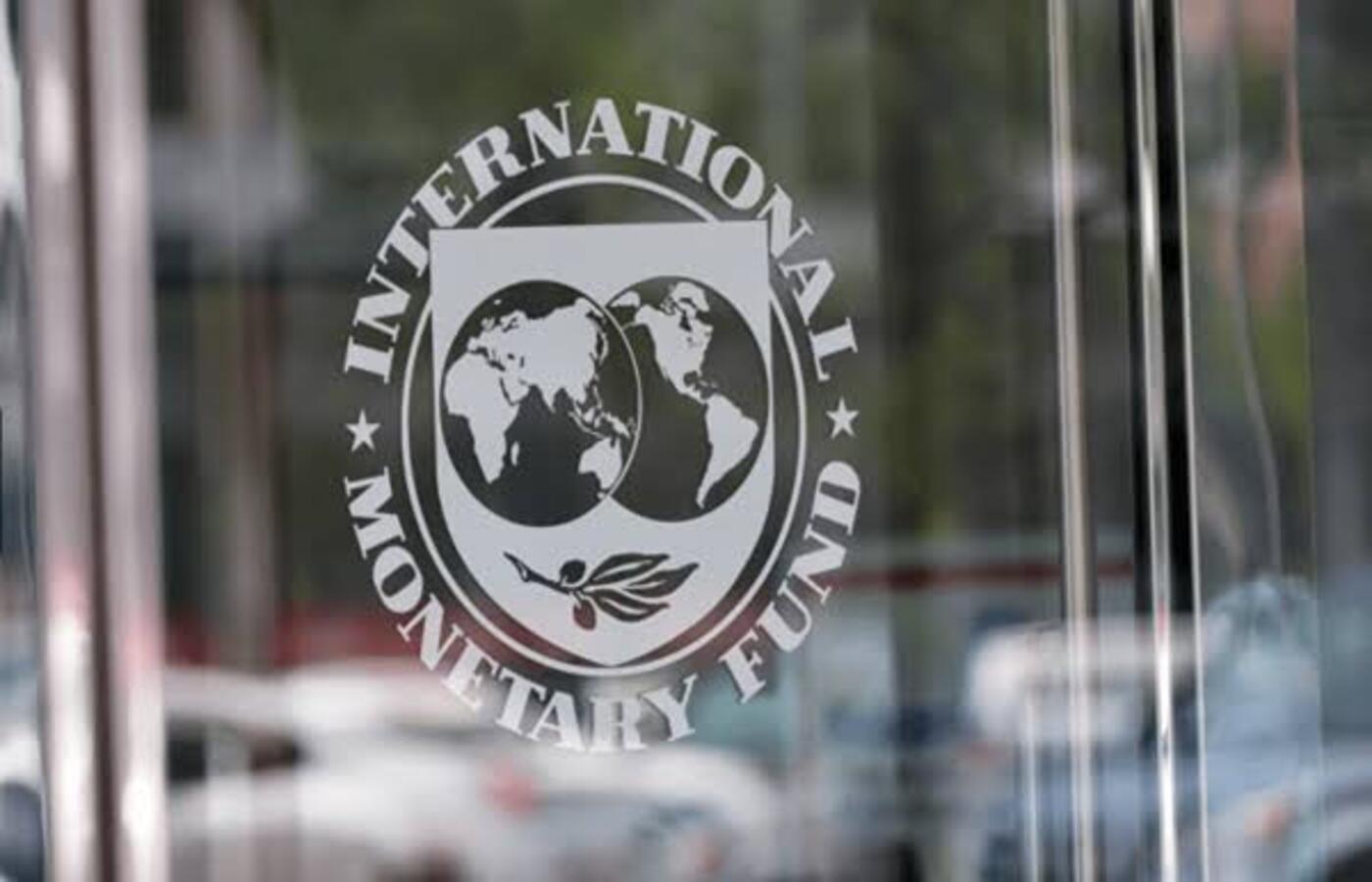By Zelalem Tamir
Holidays are major sources of amusement and celebration in Ethiopia. For children, the anticipation of new clothing to wear during holidays is always a source of great excitement in the weeks and days leading up to festivals like Easter, Christmas, and Eid. The colorful and stylish new outfits provide a confidence boost and feeling of joy. For many families, holidays also mark the end of fasting periods, where foods like meat, dairy, and sugar are avoided. The lifting of these dietary restrictions and the ability to enjoy a wider variety of foods again is something to look forward to. Food becomes one of the focal points of holidays as people come together to share hearty meals, snacks and drinks.
Family gatherings are also a big part of holidays in Ethiopia. Relatives from near and far will travel to be together, strengthen bonds, and catch up on each other's lives. Housing additional family members means preparing more meals and buying greater quantities of ingredients. Homes must also be thoroughly cleaned and decorated in preparation. Liquor, beer, snacks and other refreshments are regularly on hand to socialize over. All of these customary holiday activities and purchases contribute significantly to household expenses each year.
While holidays are undoubtedly a joyous time for families and individuals, they also represent a major income generating season for numerous businesses. Livestock traders see a spike in demand and higher prices for animals like cows, goats and sheep to be slaughtered for holiday feasts and rituals. Poultry farms and suppliers ramp up chicken production, knowing demand will be high. Clothing stores stock up on the latest fashions and styles to cater to consumers looking for new outfits. Liquor wholesalers and retailers prepare for increased sales of beer, tej, arake and other alcoholic beverages for holiday parties and gatherings. Even furniture shops anticipate holiday shoppers replacing or adding to home decor in time for festivities. Countless other sectors, from florists to pastry shops, also profit from the uplift in spending around holidays.
Despite the clear significance of holidays to both individuals and the economy, available market data and information on festive season trends in Ethiopia remain severely lacking. Price comparisons across different holidays, holiday shopping forecasts, and insights on peak spending categories are virtually non-existent. With no centralized data hub aggregating reliable statistics, it is impossible for traders, producers or policymakers to properly plan, set guidance or make informed decisions regarding this important period. Filling this gap would be hugely beneficial to help all involved anticipate demand fluctuations and optimize supply chain logistics accordingly.
Digital transformation has properly taken hold in several arenas across Ethiopia in recent years, including internet penetration, mobile phone adoption, mobile banking solutions and more. However, holiday data and analytics have been left entirely untouched. This represents a missed opportunity to modernize information collection and dissemination related to cultural and economic celebrations. With digitization of statistics, real-time market dashboards could give all stakeholders accessible insights and projections. Platforms to compare prices regionally would also better inform consumer choices. Producing well organized holiday datasets has untapped potential to support competitiveness, stimulate local production and guide related policymaking.
Reliable data is the foundation for effective policy and decision making across all sectors. Unfortunately, Ethiopia's sole statistics body - the Ethiopian Statistics Services, remains outdated in its approach, with no visible efforts to tackle seasonal holiday data gaps. Their website is rarely functional and any statistics released lack interactive features or timely updates. Significant modernization is needed to elevate data collection techniques, migration to digital formats, engaging data visualization practices and open sharing of findings. Taking cues from organizations making strides locally, like the National Bank of Ethiopia, in improving data transparency could motivate positive change at the ESS.
While waiting for official statistics to catch up, entrepreneurs should seize the clear opportunity present in holiday data and analytics services. Developing price comparison apps and market analysis tools could fill immediate needs and add value. Independent surveys to understand consumer behavior and shopping habits, specifically around festivals, could present valuable business intelligence if marketed appropriately. Even simple online holiday price tracking dashboards with regular updates would add convenience for shoppers tired of manually searching different outlets. Monetization opportunities additionally exist through partnerships with e-commerce platforms, retailers associations and government bodies eager for such services. Other innovative business models may emerge with exploration of holiday data service gaps. With proactivity, vision and technical capability, startups stand to achieve early mover advantage through addressing this untapped market information niche.
Zelalem Tamir is an economist by profession. He can be reached at zelalemteamir@gmail.com.





